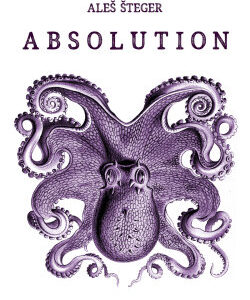By Olja Savičević, translated by Celia Hawkesworth
ISBN: 978-1-912545-971

Famous soap opera scriptwriter, Clementine, is slowly losing her memory and decides to embark on a road trip down memory lane (in a golden convertible) in search of her greatest love and ex-husband, Nightingale, an artist whose uncompromising artistic integrity is opposed to Clementines’s fickle life in the world of TV drama. It is a series of letters by the street poet Nightingale, written over several weeks and hand-delivered to the inhabitants of the street where they lived, that cracks open the novel. The letters, triggered by a mysterious couple who make love loudly in the middle of the night, keeping the neighbourhood awake, touch upon the nature of love, war, lust, capitalism, and childhood, highlighting the paradox of the human condition through playful humour.
Singer in the Night is a rich, sensual novel which comments on perception, on how life is really lived – never objectively, never encompassing the whole truth, and yet no less real to us. In its final message, the novel gives a playful warning about the consequences of choosing banality – whether it be nationalism, vanity or fame – over true human connection.
“At times, the novel is unapologetically sentimental and brazenly riotous, a pure delight in the vein of Jonas Jonasson’s The Hundred-Year-Old Man Who Climbed Out the Window and Disappeared. Clementine is a memorable protagonist: chatty and beguiling, insightful and shrewd”
“The shifting, subjective nature of memory is examined here; perspectives are plentiful and the pages glitter with offbeat humour and playful dialogue.”
Charlotte Newman, LITRO Magazine
“The great strength of the novel, along with its complexity, lies in its courage to present a period of time and its ‘structures of feeling’ (Raymond Williams) in full colour, in an atmosphere of ideological passions, and in opposition to nationalist and neoliberal dogma.”
“The strength of this inventive novel lies its extraordinary characters and the opportunities they and their stories offer to speak to greater realities in the former Yugoslavia, sharply, but with wit and humour.”
“This reflection on the fragility of memory – both personal and historical – is a poignant, innovative and politically engaged book that deserves attention.”
Helen Vassallo, Translating Women







